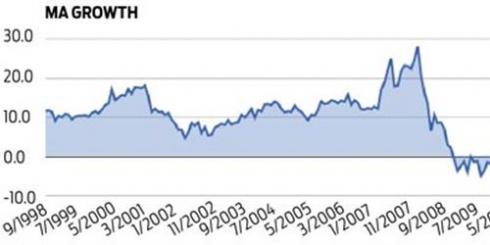Greece has now defaulted, and other eurozone governments as well as agencies such as the International Monetary Fund, European Central Bank and European Investment Bank have retrospectively inserted themselves as senior creditors, a precedent that should be of great concern and which has profound implications for private sector banks.
Furthermore, when a state defaults it is only a small part of the whole story, because governments today are major participants in their economies. The consequences of a central government default extend to state guarantees for other entities and related businesses: in the case of Greece its default has altered the assumptions behind all non-central government public-sector loans, such as railway bonds. And the private sector not directly dependent on government subsidies or contracts is also affected by the prospect of excessive taxes.
For this reason, the consequence of Greece’s default goes considerably beyond the loans directly involved, and all other eurozone nations are in a similar position. The headline numbers are a fraction of the total involved.
This brings us to a fundamental truth. Government debt is the basis for fiat money systems. This basis is now being questioned. It is the key component of the capital held by banks, as well as cash and deposits at central banks – both of which are also government creations ultimately backed by government debt. Ever since gold was legislated out of the monetary system, confidence has become totally dependent on the validity of government debt.
The insolvent position of a number of eurozone nations invalidates the general assumption that government paper provides a solid foundation for eurozone banks. That the stronger euro-countries can underwrite the weak is now also doubtful. The precedent that has been set by the retrospective interposition by governments and their agencies as senior creditors undermines the value of government debt even further for private-sector banks, who become junior creditors. It is not surprising that they have re-deposited the bulk of the money lent to them by the ECB with the ECB itself. Euros held at the ECB only give refuge from exposure to specific government paper and is the best of a bad choice. Banks outside the region are exercising the option of opting out altogether.
It may seem unnecessary to question the very basis of the European financial system in this way. But this is bound to be debated in boardrooms across the entire banking network, inside and outside the euro area, and banks will react. It is also the underlying reason why the situation remains so precarious regarding Europe’s debt crisis. The way Greece’s default has been handled brings an increased risk of capital flight from the region at the worst possible time. Funding for all eurozone nations has become a lot more difficult. The ECB will come under growing pressure to not only rescue banks, whose balance sheets are imploding, but also to directly bail out governments as well.
Because of the systemic role of government debt, the crisis can be expected to spread rapidly from the insolvent weaker euro-nations to all the others. In short, the mishandling of Greece’s debt problems has made things worse.
This article was previously published at GoldMoney.com.



